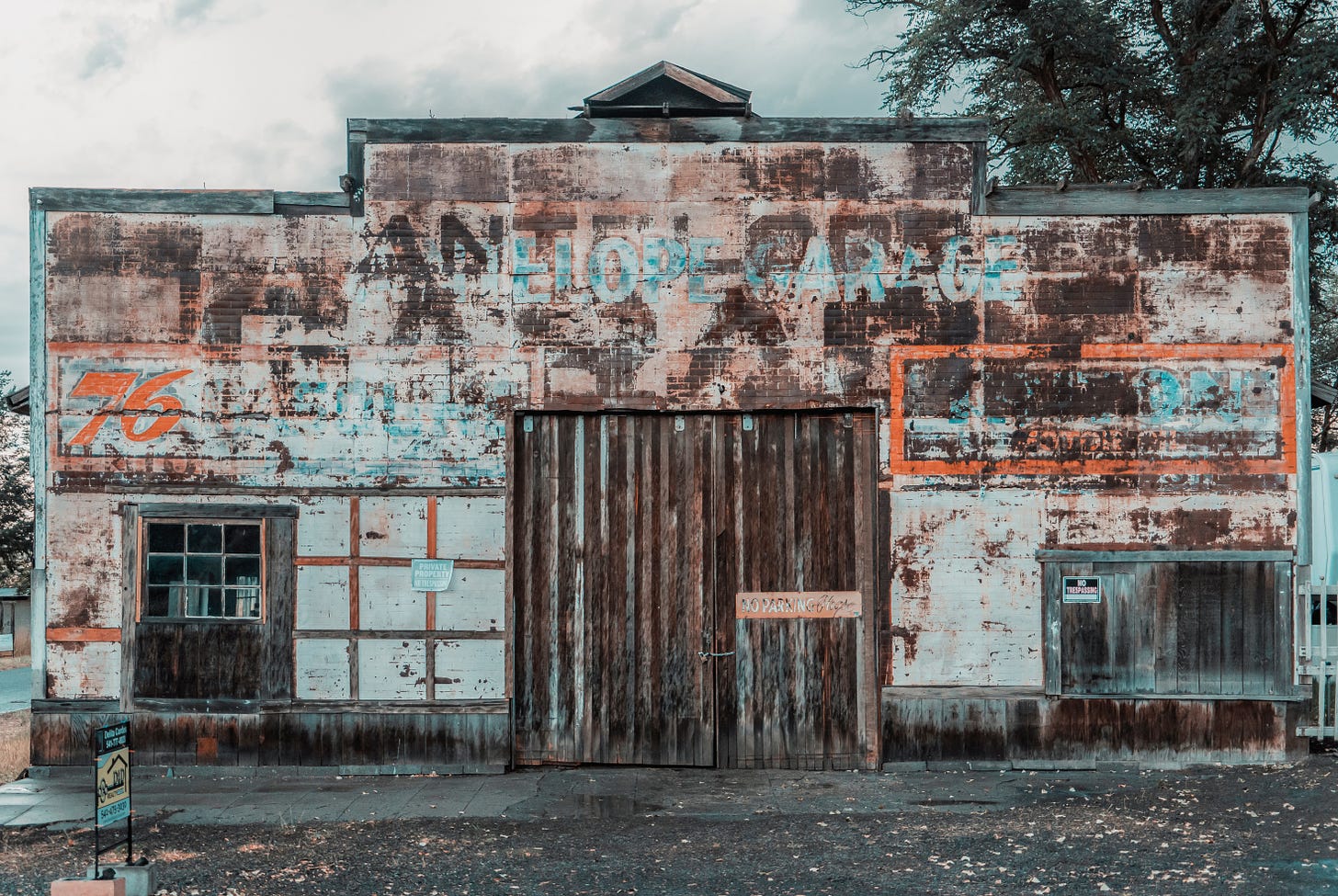Dear friends,
My friend Doug, in Scotland, has a daughter who (I’m told) does a damned fine impression of me. She makes mood-music sounds, turns her voice a bit softer, and then says, “My name is Pádraig and I don’t always sleep well.” Doug says her impression is brilliant, but the jury’s out. I met Doug’s daughter once, at the Greenbelt festival. She put glitter on my face and I thought she was magnificent. I’m sure she still is, despite being a smartarse Scot who does impressions of Irishmen.
Anyway, all of that goes to say that I was about to start off this letter with, “I don’t always sleep well,” but then I interrupted myself with a story.
During one wakeful night last week, I started writing a poem. I worked on it for a few hours. Got half-an-hour sleep before the alarm went, and then later on, sent it to a friend and got some feedback. Then another friend, and more feedback. A few days later, I brought the poem to a writing group I’m part of, and got more feedback.
For me, a poem is a way of measuring time. Often there is an instant that starts it: a feeling in the gut, an image, a connection, a certain kind of music of language that makes me feel slightly lightheaded. But then time happens: editing, reflecting, asking questions. There have been pieces I’ve worked on for years before releasing them. Often the editing process is about craft: does the language work well? Is anything overwrought? There are other questions too, though: questions about a poem’s integrity. While I don’t think of a poem as needing to be a forensic detailing of the truth, I do want to ask if the poem is in tune with itself. I want to ask if I’m using the poem to caricature someone, or imprison myself in a certain tone or mode. Does the poem have room enough to look back at me and pose a question? Am I overcommitted to a single interpretation of the poem?

All of these are questions to ask about a piece of art. But they are also questions to ask about the relationship of language to time.
I’ll probably sit on that poem I wrote in the middle of the night for another six months before I do much with it: it feels like it’s saying something right, but it needs time to breathe, or decay, or change, or snarl.
I’m curious for you:
What is a time when you took time before saying something? And what was the effect of that time you took?
For some it might be that what you were going to say changed because of the time you took. For others it might be that what you were going to say faded. You might be glad for that, or have some sadness about it. I’m not looking for one thing or another, but I am interested to know about how language and time worked their way in you while you kept quiet a while.
I’m glad to be in conversation with you here. Thank you for the comments and conversations. If you’re new, join in; if you’re a regular, I’ll be glad to read your words again.
Pádraig
Poetry in the world
The Poetry of War and Peace
US Institute of Peace, Washington, DC
I look forward to this discussion coming up on February 3rd with Amanda Ripley, the Washington Post columnist and author (her most recent book, High Conflict: Why We Get Trapped and How We Get Out). We’ll be reflecting on how poetry and language can capture the destruction of conflict, as well as how the arts can help build peace. I hope to see you there, in person or online at 10am ET. Sign up here.
Feed the Beast
If you’re in Manhattan on February 9, I’d be delighted to see you at 7pm ET at McNally Jackson (4 Fulton Street, NYC 10038). I’ll be in conversation with the brilliant Maya C. Popa and reading from my newest collection of poems, Feed the Beast. More information should be up on their events page later this week — know you’re most welcome to just turn up.



I waited to say “I do” and should have waited longer because I didn’t.
My mother died
Just as the sun rose
From the river she loved
I said nothing
Just let the river flow
As it always had
Carrying the words unsaid.